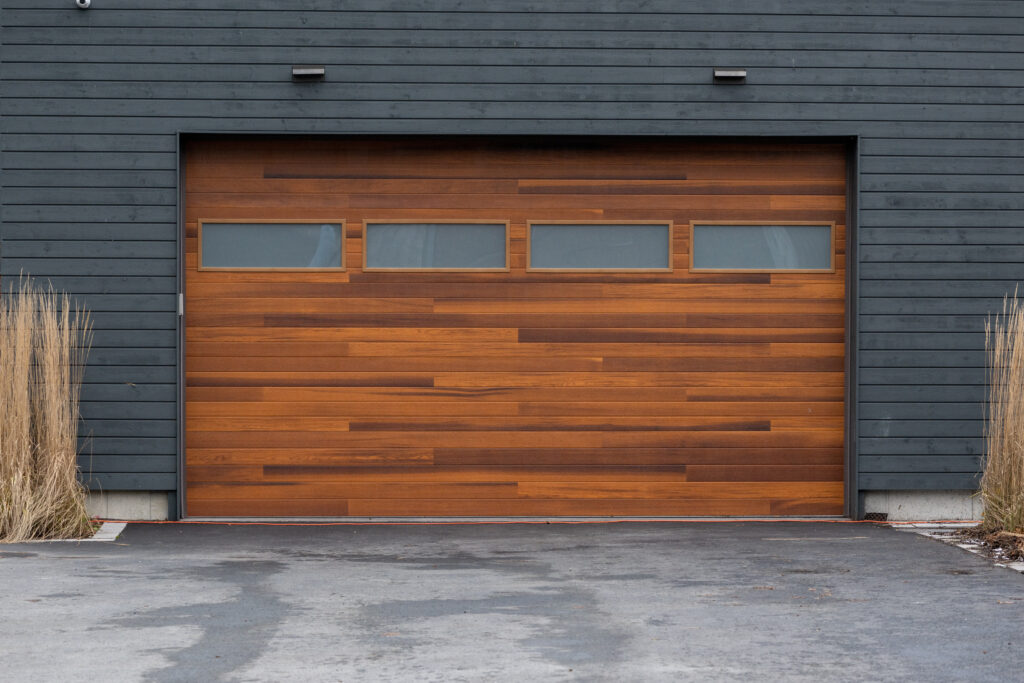Garage Door Repair College Station TX are crucial components of your garage door system, responsible for facilitating smooth and quiet operation as the door opens and closes.

Over time, garage door rollers can wear out due to friction, dirt accumulation, and general wear and tear, leading to noisy and inefficient operation. In this comprehensive guide, we’ll explore everything you need to know about the lifespan of garage door rollers, signs of wear and failure, maintenance tips, and factors influencing replacement frequency.
Factors Influencing Garage Door Roller Lifespan
Several factors affect the lifespan of garage door rollers:
- Quality of Rollers: The quality of the rollers themselves plays a significant role in their longevity. High-quality rollers made from durable materials tend to last longer than lower-quality ones.
- Frequency of Use: The more frequently you use your garage door, the quicker the rollers will wear out. Heavy usage puts more strain on the rollers, leading to faster deterioration.
- Maintenance: Regular maintenance, such as lubrication and cleaning, can prolong the lifespan of garage door rollers. Neglecting maintenance increases the risk of premature failure.
- Environmental Factors: Environmental factors such as temperature fluctuations, humidity, and exposure to corrosive substances can affect the lifespan of garage door rollers. Extreme temperatures and corrosive substances can accelerate wear and corrosion.
Signs That Garage Door Rollers Need Replacement
Several signs indicate that garage door rollers may need replacement:
- Noise: If your garage door produces excessive noise when opening or closing, it may be due to worn-out or damaged rollers. Noisy operation is a common symptom of roller wear and failure.
- Uneven Movement: If your garage door moves unevenly or jerks during operation, it may be a sign that the rollers are worn out and no longer able to glide smoothly along the tracks.
- Visible Wear or Damage: Inspect the rollers for visible signs of wear, such as flat spots, cracks, or missing bearings. Damaged or worn rollers should be replaced promptly to prevent further issues.
- Difficulty Opening or Closing: If your garage door becomes difficult to open or close, it may be due to worn-out or damaged rollers. Difficulty in operation is a common symptom of roller wear and failure.
How Often to Replace Garage Door Rollers
The lifespan of garage door rollers varies depending on factors such as quality, usage, maintenance, and environmental conditions. On average, standard nylon rollers last between 5 and 7 years, while higher-quality rollers made from steel or composite materials can last longer. However, these are just rough estimates, and actual lifespan can vary.
Maintenance Tips to Prolong Roller Lifespan
To prolong the lifespan of garage door rollers, follow these maintenance tips:
- Regular Lubrication: Apply lubricant to the rollers and other moving parts of the garage door system to reduce friction and wear.
- Cleaning: Regularly clean the rollers and tracks to remove dirt, debris, and other contaminants that can cause premature wear and damage.
- Inspection: Periodically inspect the rollers for signs of wear or damage, such as flat spots, cracks, or missing bearings. Address any issues promptly to prevent further damage.
- Alignment: Ensure that the garage door tracks are properly aligned to prevent excessive wear on the rollers. Misaligned tracks can cause uneven wear and premature roller failure.
Conclusion:
In conclusion, the lifespan of garage door rollers depends on factors such as quality, usage, maintenance, and environmental conditions. While standard nylon rollers typically last between 5 and 7 years, higher-quality rollers made from steel or composite materials can last longer. By following proper maintenance practices and addressing issues promptly, you can prolong the lifespan of your garage door rollers and ensure the continued smooth and quiet operation of your garage door system.
Circle B Garage Door of College Station
1212 Baywood Ct, College Station, TX 77845, United States
1-979-212-8699

Leave a Reply